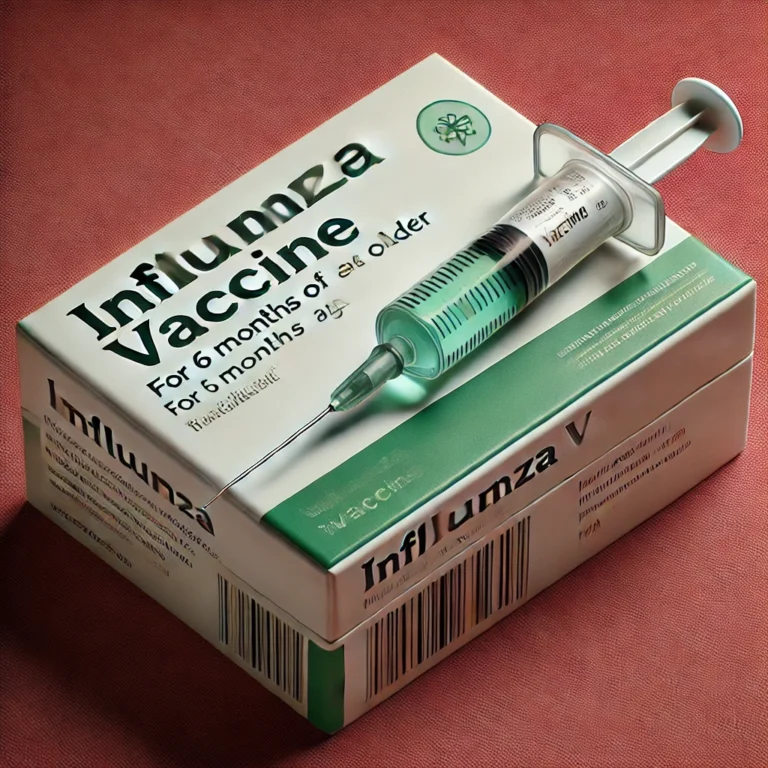Sarepta Therapeutics, a biopharmaceutical company, has recently disclosed that the U.S. Food and Drug Administration (FDA) may restrict the approval of their gene therapy to a smaller population. This revelation has resulted in a decline in the company’s share price, highlighting the significance of the FDA’s decision on Sarepta’s future prospects.
The gene therapy in question has been under development by Sarepta as a potential treatment for a specific medical condition. However, the FDA’s indication that the approval may be limited to a smaller population suggests that the therapy may not receive the broad label Sarepta had anticipated. This news has dampened investor sentiment and led to a decline in the company’s stock value.
The FDA’s decision to potentially limit the approval is likely based on a comprehensive evaluation of the therapy’s safety and efficacy data. Regulatory authorities carefully assess new treatments to ensure they meet stringent standards and provide clear benefits to patients. While the specific reasons for the potential limitation have not been disclosed, the FDA’s decision highlights the importance of rigorous regulatory scrutiny in the biopharmaceutical industry.
The impact of the FDA’s potential limitation on Sarepta extends beyond the immediate stock price decline. The restriction could affect the market potential and commercial viability of the gene therapy, potentially limiting the patient population that can benefit from the treatment. Furthermore, it may impact Sarepta’s overall revenue projections and strategic plans.
Sarepta and its stakeholders will closely monitor further developments and engage with the FDA in an effort to address concerns and seek potential avenues for expanding the therapy’s approval. The company will likely collaborate with regulatory authorities to provide additional data and evidence supporting the therapy’s efficacy and safety profile.
The disclosure of the FDA’s potential limitation underscores the inherent uncertainties and risks associated with the development and regulatory approval of innovative therapies. Biopharmaceutical companies must navigate complex regulatory landscapes while managing expectations and communicating transparently with investors and the public.
It is important to note that regulatory decisions are subject to change as discussions and negotiations progress between Sarepta and the FDA. The ultimate outcome and the scope of the gene therapy’s approval will be determined through ongoing interactions and a thorough evaluation of the available data.
As Sarepta works through the regulatory process and engages with the FDA, the company’s focus will be on addressing the agency’s concerns, gathering additional evidence, and ensuring the therapy’s benefits are fully understood. The outcome will have significant implications for the company’s future, as well as for patients eagerly awaiting potential treatment options.
Investors and industry observers will closely follow further updates from Sarepta and the FDA regarding the gene therapy’s approval process. The final decision will impact the commercialization strategy, market positioning, and overall success of the therapy, underscoring the criticality of regulatory decisions in shaping the biopharmaceutical landscape.












